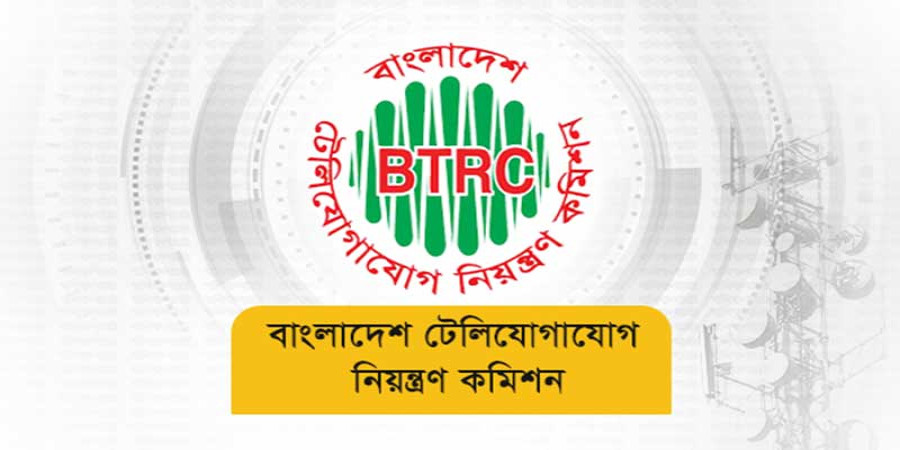
ছবি: BRTC Logo: File photo
The interim government of Bangladesh is moving forward with plans to introduce satellite internet services, a move expected to revolutionize the country’s data services. The country's mobile operators and other stakeholders have welcomed this initiative, viewing it as a way to bridge the digital divide and unlock new opportunities for growth and connectivity.
The government has issued a draft regulatory guideline for satellite internet service providers and is seeking public feedback before finalizing the guidelines. According to the Bangladesh Telecommunication Regulatory Commission (BTRC), this move will help with backhauling, disaster management, and customer data usage while also reducing the digital divide.
Satellite Internet Opens Doors to Global Players
This initiative is expected to pave the way for global satellite internet giants, such as Elon Musk’s Starlink, to enter the Bangladeshi market. The regulatory framework, which was made public on October 29, 2024, allows companies to apply for licenses to build, own, maintain, and operate Non-Geostationary Satellite Orbit (NGSO) satellite systems and services in Bangladesh. The draft guidelines are open for public comments until November 18, 2024.
The new regulations will allow companies to offer a range of satellite-based services including broadband internet, intranet services (domestic data communication), Internet of Things (IoT) and machine-to-machine (M2M) connectivity, Earth station services, remote sensing, weather-related services, and any other services approved by the BTRC.
Licensing, Fees, and Regulatory Details
Under the guidelines, satellite internet service providers will be able to apply for licenses if they are registered under the Companies Act of 1994 and if they are joint-stock companies. The license will be valid for five years.
Foreign investors, including foreign direct investment (FDI), joint ventures, or Non-Resident Bangladeshis (NRBs), are also allowed to invest in these satellite systems and services. The licensee will be required to pay an application or processing fee of BDT 5 lakh (approximately USD 5,000), along with an acquisition fee of USD 10,000 and an annual fee of USD 50,000. Additionally, a fee of USD 20 per year will be charged for each satellite terminal or station.
The licensee will also have to pay 5.5% of their audited annual gross revenue to BTRC and an additional 1% of their gross revenue to contribute to the development of the space industry. Before starting operations, service providers must establish at least one gateway system within Bangladesh, and BTRC encourages the installation of additional gateways.
Telecom Operators React Positively
Bangladesh’s major telecom companies have expressed their support for the government’s move. Robi Axiata’s Chief Corporate and Regulatory Officer, Shahed Alam, stated that the satellite internet initiative could potentially revolutionize the country’s data services, particularly in backhauling, disaster management, and customer data usage.
Taimur Rahman, Chief Corporate and Regulatory Affairs Officer at Banglalink, praised the regulator’s move to involve the public in the consultation process, emphasizing that it would help shape the future direction of this technology.
Grameenphone’s Head of Communications, Sharafuddin Ahmed Chowdhury, added that the company welcomes any new technology that can bring positive changes to people’s lives, society, economy, and the country as a whole. He emphasized that all new licenses should be issued in a non-discriminatory manner to ensure healthy competition in the market.
The Internet Service Providers Association of Bangladesh (ISPA), which represents companies involved in internet service provision, also expressed their willingness to embrace new technologies. However, ISPA President Md. Emadul Haque stressed the importance of evaluating the necessity of the technology before its adoption, ensuring that it aligns with the needs of the country and its people.
With the government's commitment to launching satellite internet services, this initiative is expected to bridge gaps in connectivity, drive economic growth, and facilitate digital inclusivity across the country.
repoter






